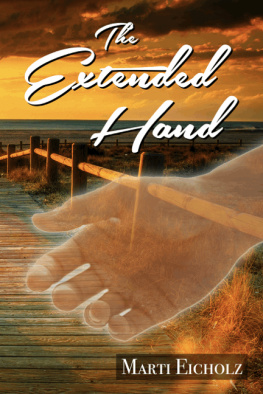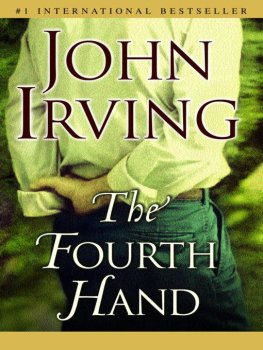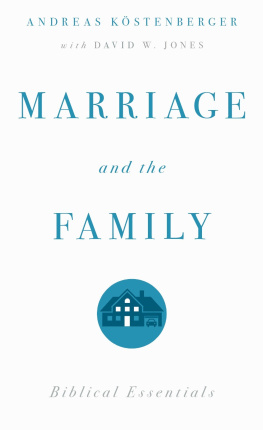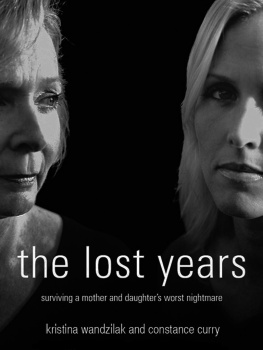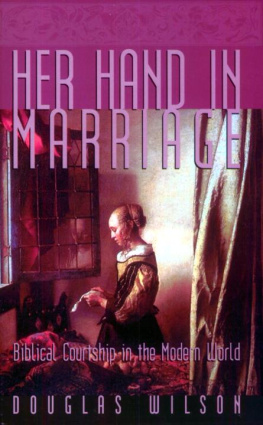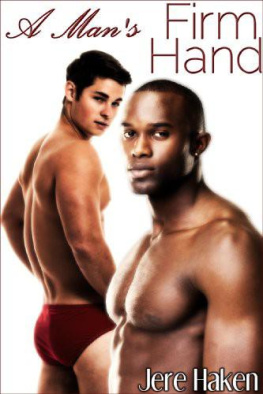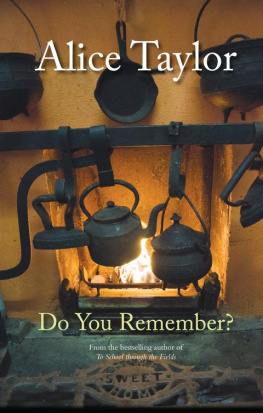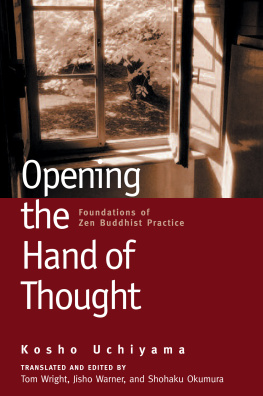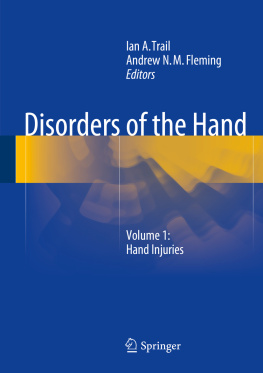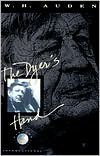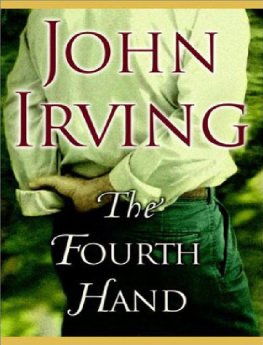GENESIS
Promising continued peace and prosperity, Herbert Hoover defeated Alfred E. Smith in the U.S. presidential election of 1928. When he took office in January 1929, he declared, I have no fears for the future of our country. Our future is bright with hope.
Seven months later, the trees were no longer clothed in green. It was the middle of October, and suddenly, there was a riot of colors. On these October days, the mornings were dim and cold. The narrow winding dirt path was wet, giving Martha s shoes a gritty grip. As random thoughts streamed through her head, she paused, smiled thinking, I am turning thirteen years old today I m a teenager! Now that is something to celebrate. Hesitating she scolded herself Oh, Martha; you re just another year older. Choose a pretty frock from your closet. How can I? There are several outfits I adore. Stop it! Birthdays are for children, but I m still a kid at heart. Grow up; no one cares!
Miles away, James was recovering from a personal tsunami of his own, moving from the country to the city. Another milestone was looming ahead. In two days he would have his fifteenth birthday. He thought I should have known from the aromas coming from the kitchen when I woke up. If anyone knows how to bake a birthday cake, it is my mother, Imogene. She bakes cakes fit for royalty. For my mother, the royals are her children, especially me. I know I am her favorite, her pride and joy. Whatever spare money she has, she spends on buying books for me.
The autumn days went by as fast as the leaves fell from the trees. The brilliant bright sun filled the sky, cooler on the days that lacked clouds.
Both Martha and James had a great deal to do. Their youthful spirits soared beyond the colorful boughs above.
Martha was the second child of Olas and Doll Hine. Olas, a successful farmer and his family lived within 20 miles of the big city. Their location offered a great balance the peace and quiet of country-life and tons of stars on a clear night versus city living, enabling them to get pretty much anything they wanted anytime of the day or night, including an array of shopping and entertainment opportunities.
Martha, a quiet, serious, and overly concerned about being right, had a close pal her older brother, Bob. Martha often thought, Bob likes to act like I don t know how to do anything on my own, and he is so protective of me. He likes to be the one who always orders me around, controlling me. Why wouldn t he? We are close in age, and he s the only one I ve grown up with, plus he will always be my brother. Brother, you are my safety, but I am not a desperate little girl who will always need your protection, but I may need you to tell me what s right.
Besides school and her music lessons, Martha learned to sew and daydreamed of following in her Aunt Ruth s footsteps.
City life captured Ruth s attention, dancing to the popular routines of the Charleston, the Fox Trot, and the Lindy Hop. She gravitated to artistic, creative, and fashion pursuits and deeply invested in the new and the unknown, lusting for adventure, calling it all the good stuff. She studied and trained to become a nurse to support herself and explore, but her passions centered on creating stylish garments considered being real masterpieces. Martha, at her young age, was growing up to be a fine seamstress, yet her goal was to become a nurse, just like Aunt Ruth, her idol.
James was the second child of Clifford and Imogene Hertel. During the 1920s was an age of dramatic social and political change, forcing the Hertel family off the farm because of deflated crop prices, soil depletion, and farm mechanization, for the first time more Americans lived in cities than on farms. Clifford, Imogene, and their four children were now living in the city. James, an active child, sold newspapers on street corners, exhibited leadership skills in school and after-school activities, and received academic awards. As a youth, he followed his mother s connection with the Society of Friends for spiritual growth.
The Friends message declared that salvation was a personal matter between the individual and God; no human mediator or outward ordinance was necessary to encounter the living God. They championed nonviolence, social justice, and simplicity in living.
A few days after the October birthdays of Martha and James, a precipitous drop in the value of the U.S. stock market sent the economy spiraling downward. On 29 October 1929 the stock market crashed. Banks and businesses failed. Americans witnessed a dramatic end to an era of unprecedentedly lopsided prosperity. The economy ground to a halt, and the recession became the Great Depression, the defining event of the 1930s.
The American confidence in progress and prosperity that marked the 1920s suddenly vanished. Hard times were not new. Many Americans suffered even during the prosperous 1920s, especially the workers in textiles and mining industries. Unemployment rose from 1.5 million in 1926 to nearly 2.7 million in 1929. Yet the Great Depression of the 1930s hit with unprecedented force. Millions of Americans, who had recently joined the middle class because of easy credit, buying on installment, and low-cost stock, lost everything, their jobs, homes and savings.
Many families for the first time faced unemployment, uncertainty, and losing sustenance. Such a situation was alien to a society, and an economy geared to abundance, unlimited growth, and opportunity. For working-class Americans and the poor, the situation was worse; jobs were nowhere, and it threw many sharecroppers off their farms. This forced families to double up by sharing small apartments and homes between two families. It left others to wait in bread lines for food and to live in squalid shantytowns known derisively as Hoovervilles or homeless. Families broke apart. Birth rates declined.
In the beginning of the 1930s, over 15 million Americans fully one-quarter of all wage-earning workers were unemployed. President Herbert Hoover, the Iowa-born in a family of Quakers, did not recognize the severity of the situation. He did little to ease the crisis; he argued that patience and self-reliance were all that Americans needed to get them through this passing incident in their national lives. As desperation mounted, the people viewed Hoover, who valued honesty, industriousness and simplicity, as callous and insensitive toward the suffering of millions of Americans.
Hoover s popularity declined. As a result, the 1932 presidential election proved his defeat.
His successor, Franklin D. Roosevelt assumed office in March 1933, introducing a vast array of social and economic programs over the next few years, collectively known as the New Deal. The programs addressed almost every aspect of American life and expanded the government s role in daily living. Americans were living in one of the worst economic crises in US history. This period, referred to as standing still where everybody and everything were marking time. The Great Depression continued for eight more years despite Roosevelt s active intervention.
The adherents of Protestantism, a Christian religion, believed in Jesus Christ. In the 1930s, the largest denominations were Baptists, Methodists, Lutherans, Presbyterians, Disciples, Episcopalians, the followers of the Holiness Movement, and Congregationalists. Catholicism was Christian. These groups of Protestants felt the full weight of the depression. Church debts rose because of the building programs during the years of abundance. Now with church budgets slashed, memberships decreased, and ministers dismissed churches closed.
As the social issue of caring for the needy rose to historic levels, the various religious denominations were deeply concerned about the structure and activities of society and responded in varying degrees to the cries for help. A few churches threw open their doors to the homeless. Knowing they could not achieve a perfect society, churches sought to shape social order in an ongoing process, consistent as they saw it with the will of God, which was often difficult to understand. Whether wisely or misguided, the churches attempted to confront what they considered the evils of American life.

